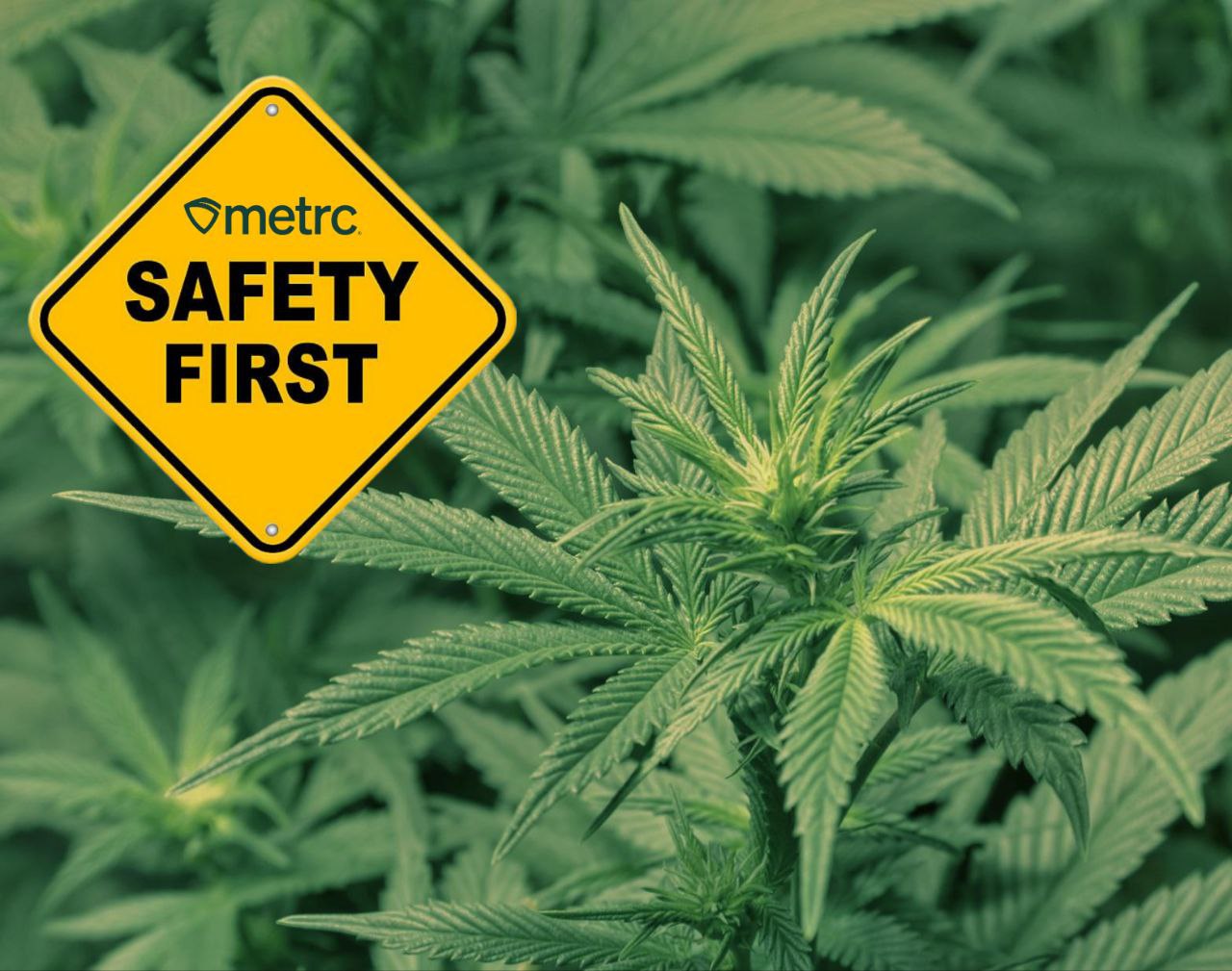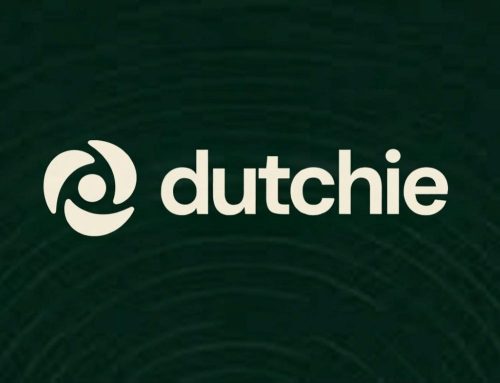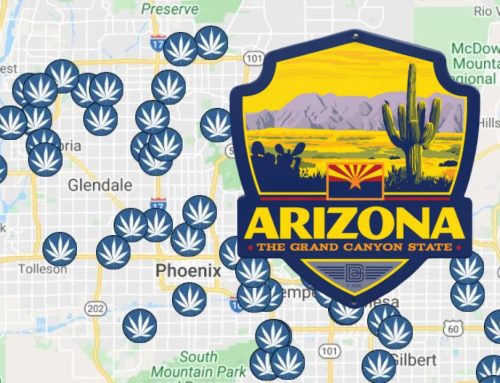DCC and Metrc Advance California Cannabis Safety with QR Recalls
LAKELAND – In a move aimed at strengthening public health protections in the state’s regulated Cannabis sector, Metrc has introduced a new recall notification system tied to its Metrc Retail ID™ QR codes. The feature, developed alongside the California Department of Cannabis Control, allows buyers to scan product packaging with their phones to check for active recalls in real time.
The update builds on Retail ID™, a tool rolled out in California last November that provides details on product origins, lab testing, and regulatory compliance. Now, with recall alerts integrated, consumers gain immediate visibility into potential safety issues, such as contamination or labeling errors. Metrc reports that about one-fifth of the state’s weekly Cannabis volume already carries these QR codes, with uptake increasing among distributors and retailers like Nabis and Embarc.
State officials view the system as a practical step toward greater accountability. Nicole Elliott, director of the Department of Cannabis Control, highlighted its role in delivering verified product data directly to users, which could encourage more operators to prioritize compliance and openness. Metrc’s chief executive, Michael Johnson, emphasized how the feature equips buyers with essential information for safer choices while aiding businesses in upholding standards.
Additional tweaks to Retail ID™ address California’s rules on final-form testing, letting brands affix labels early and connect them to results later. This adjustment could ease integration for more participants in the supply chain, from cultivators to dispensaries.
Industry observers note that such tools arrive as California deals with persistent challenges in its $5 billion-plus legal market, including competition from unlicensed sellers and varying enforcement levels. Data from the state’s Unified Cannabis Enforcement Taskforce shows seizures of illegal products worth over $1 billion since 2022, underscoring the need for mechanisms that differentiate regulated goods. By enabling quick recall checks, the system might deter purchases from gray-market sources, where no such safeguards exist.
The push aligns with Metrc’s position as a key player in track-and-trace, holding contracts in 29 markets. For California, where recalls have spiked in recent years (over 50 issued in 2024 alone, per department records) this could cut response times and limit exposure. A 2023 study by the Cannabis Research Center at UC Berkeley found that prompt notifications reduce health incidents by up to 25% in comparable industries, offering a benchmark for potential gains here.
This development is a measured advance in regulatory tech, one that could stabilize market dynamics if scaled effectively. While it won’t single-handedly resolve broader issues like taxation or interstate commerce barriers, it sets a precedent for data-driven safety measures that other states might adopt, ultimately benefiting operators committed to long-term viability.




































